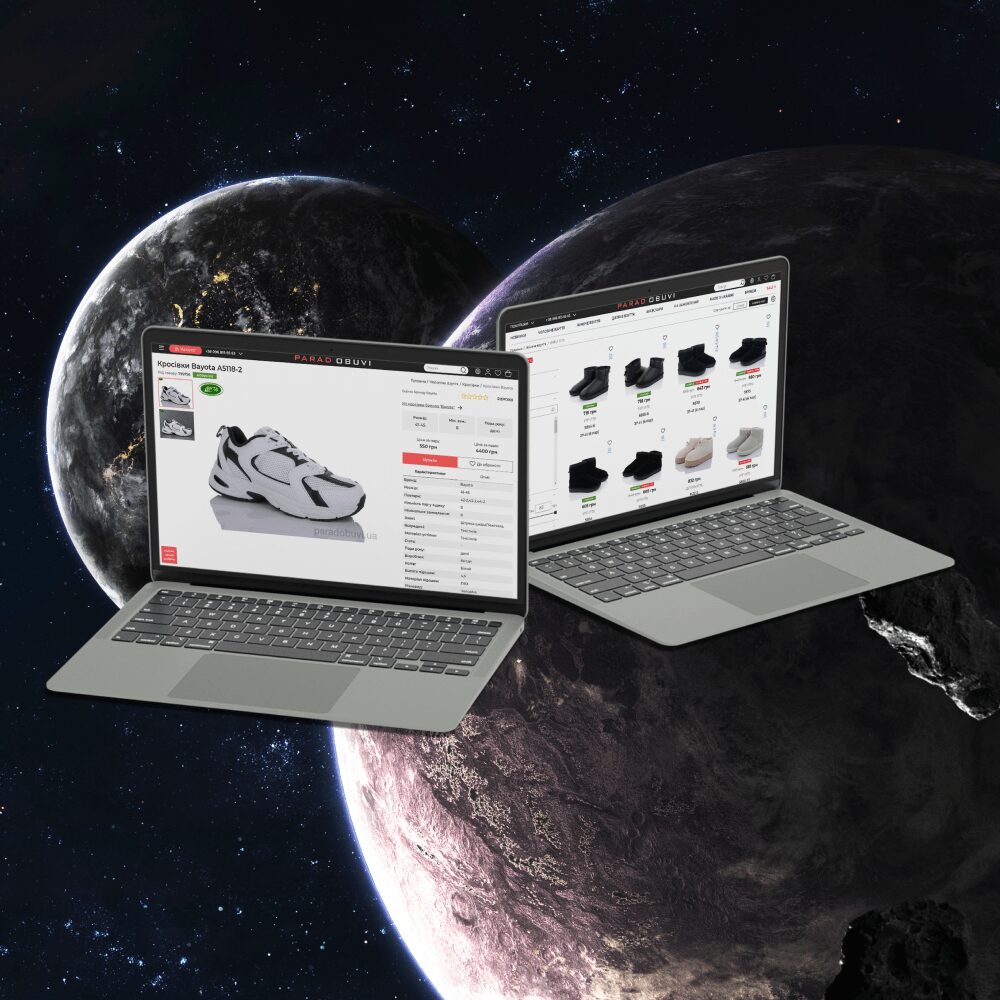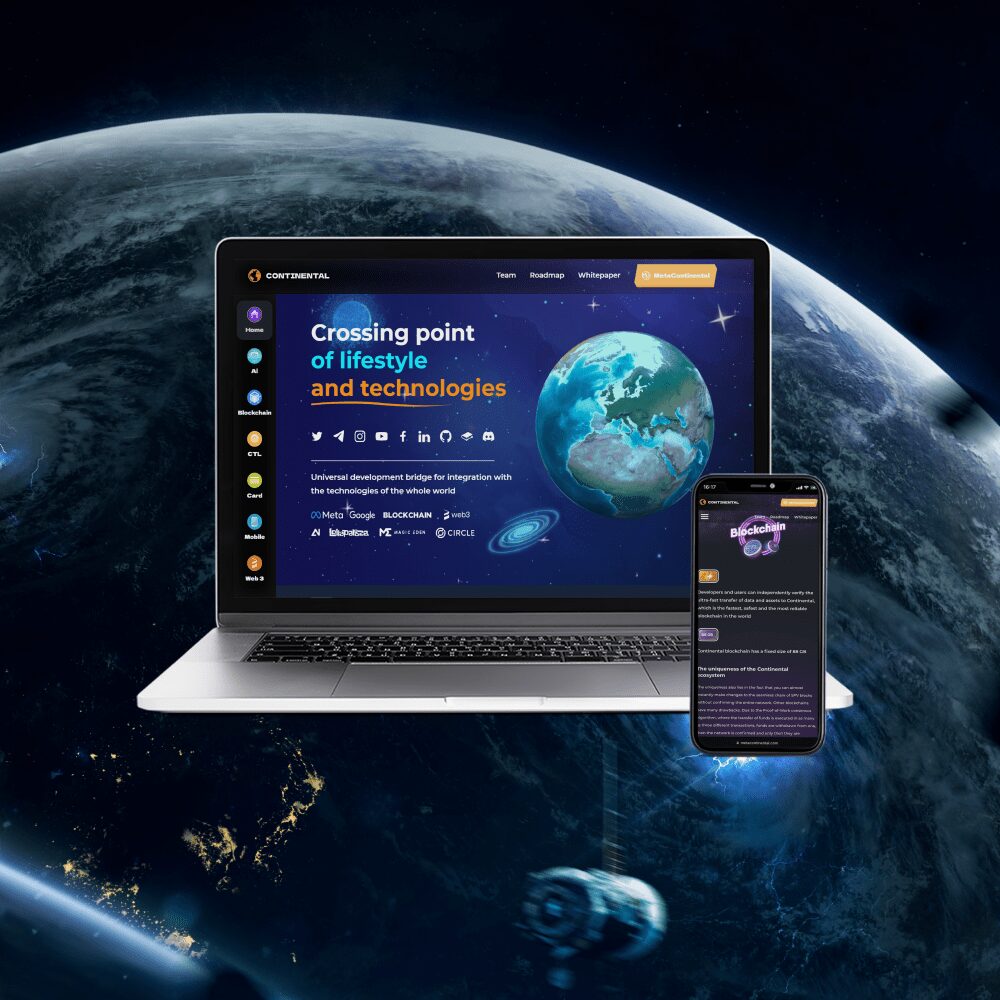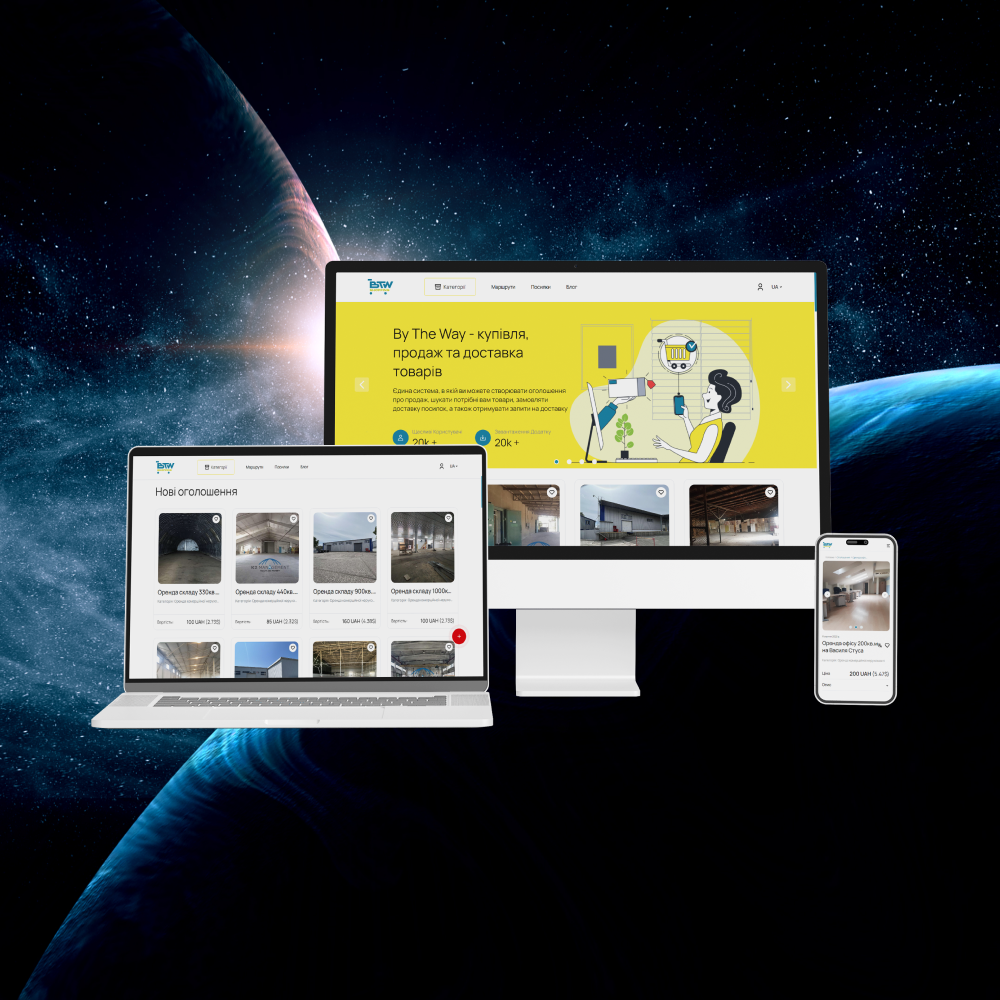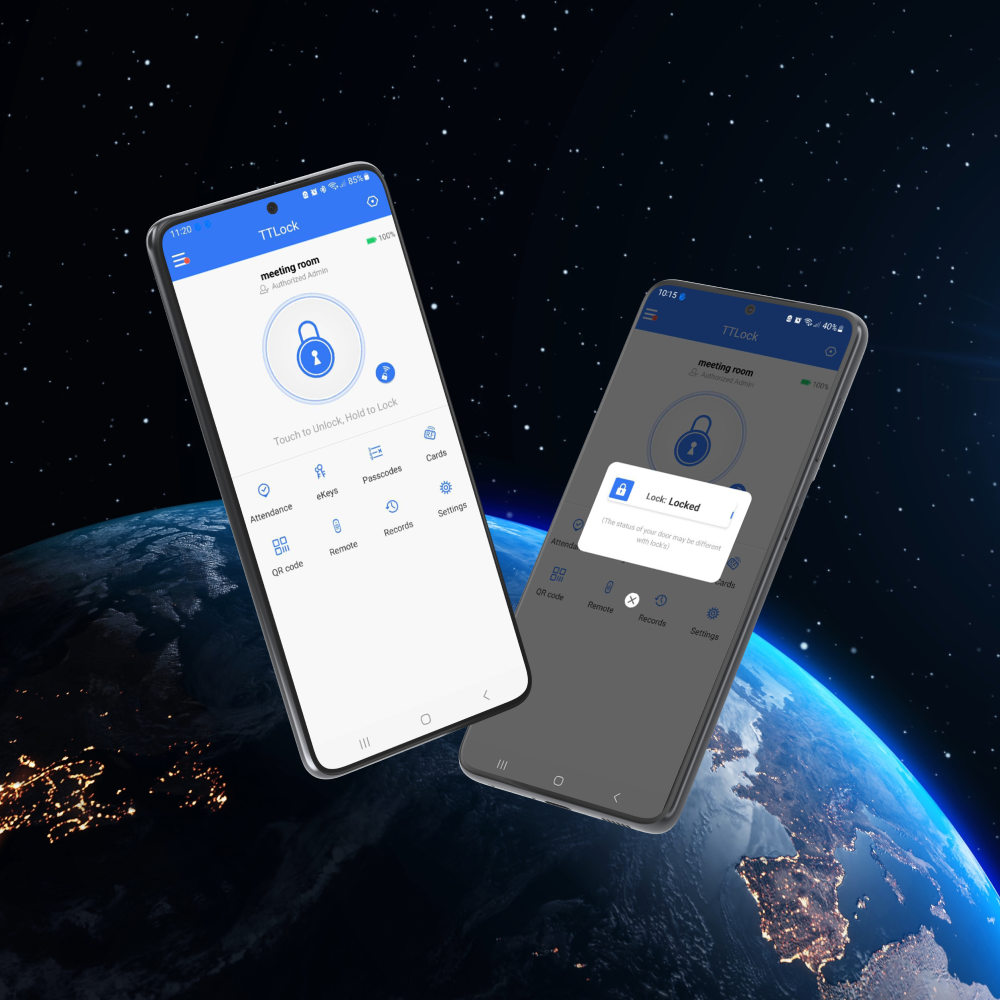Development of control systems for cybersport competitions
Development of control systems for cybersport competitions
EsportDevelopment of control systems for cybersport competitions Esport
Esports are team or individual video game competitions. This market is growing rapidly and is projected to generate over $1.38 billion in revenue worldwide by the end of 2022.
And by 2024, this figure will grow to $1.61 billion. In this article, we will look at how the esports industry works and what software is used to organize and manage such tournaments.
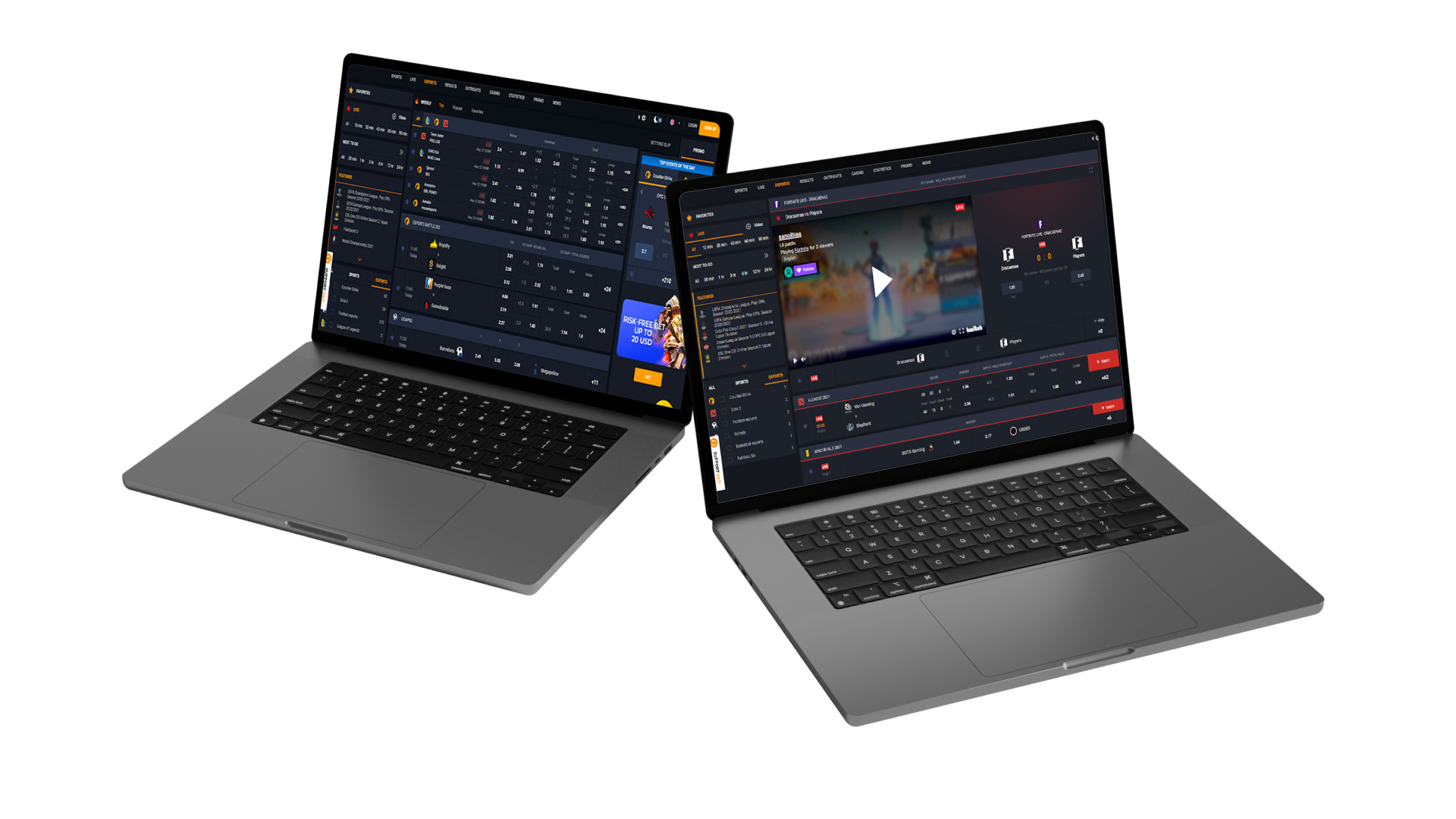
Genres of esports games
GenresGenres of esports games Genres
Not all genres of games can qualify for participation in eSports events. To organize tournaments, a game project must meet several important criteria:
- availability of competitive mechanics;
- there is a multiplayer mode;
- the winner can be unequivocally determined;
- success in the game does not depend on chance or luck, but on the skill of the player;
At the beginning of the game, everyone must be on an equal footing.
For example, despite the presence of multiplayer in Nioh 2, the game cannot become an eSports game, since here players team up to complete campaign goals together and do not compete with each other.
Consider the most popular esports genres.
MOBA
The very name of this genre translates as “multiplayer online battle arena”, which in itself implies the presence of competitive mechanics. There are two teams here – 5 people each, who use tactics, strategy and personal skills in order to destroy the opponent’s base. Whoever did it first, he won. The most famous representatives of the genre: Dota 2 and League of Legends.
Fighting games
Games that simulate hand-to-hand combat in a limited space. Most often they consist of several rounds, mostly an odd number of them, so that you can easily determine the winner. Popular esports games in this genre: Mortal Kombat 11, Street Fighter 5, Tekken 7.
Shooters
Two teams fight using virtual firearms. One of the groups must complete a certain task, and the second to interfere with it. Most often, these are games from the first person, where the player does not see his character, but looks at what is happening with his “eyes”.
Sports simulators
Such projects imitate traditional sports such as football, hockey, basketball and more. The rules in the simulations are exactly the same as in the original disciplines.
Battle royale
A group of players enters a limited space that is constantly shrinking. Each player is looking for weapons, takes advantageous points for defense and defends himself. The one who remains the last survivor wins.
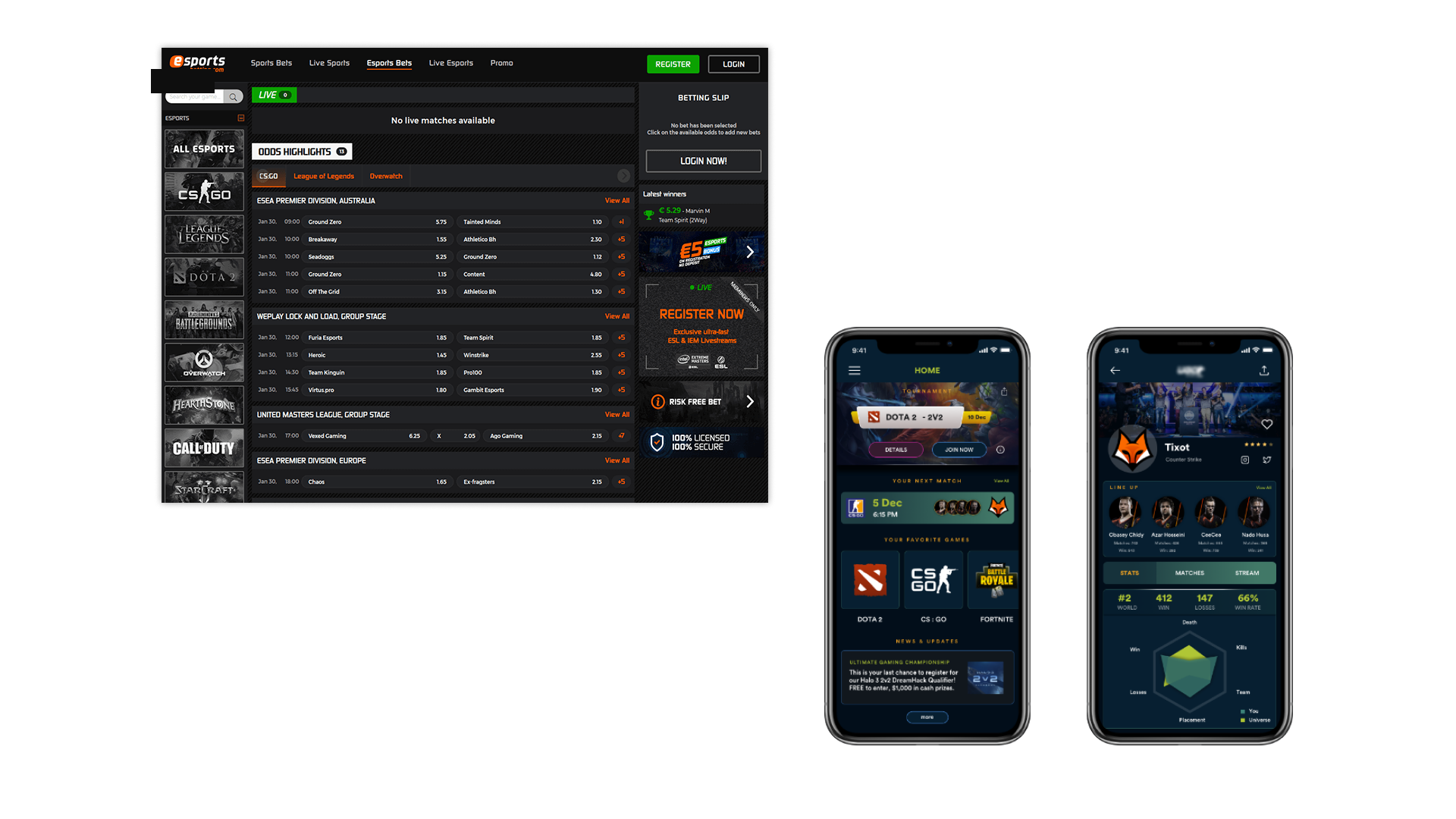
Esports Tournament Management Software
SoftwareEsports Tournament Management Software Software
The world of video games is traditionally filled with the best programmers, so most of the tasks related to the preparation of cybersportsmen and the organization of tournaments are often carried out with the help of innovative technological solutions that:
- enable efficient planning of events;
- provide communication between the coaching staff and the players;
- collect analytical data;
- help manage team schedules;
- distribute the prize fund;
- provide live coverage of matches.
Such tools keep teams organized and help them become more professional.
Consider the main types of eSports management software.
Collection of esports analytics
E-sports players and amateur players looking to improve their skills often use analytics to help determine how the current meta is performing, which units are the strongest in the current update, and which builds will be relevant.
Of course, there are specialized sites that provide such information, such as DOTAbuff and Leagueofgraphs, but this is not enough for professional teams. Most often, they use their own data analyzer, which helps them develop effective strategies.
In some esports disciplines, such as League of Legends, there is even a special ban stage during which athletes can eliminate champions they consider too strong or dangerous for their strategy.
Live Tournament Software
During esports tournaments, judges and moderators do everything to ensure that the gameplay is as fair as possible, and the choice of the winner is objective. To do this, they use game recording systems and data analyzers, which allows them to monitor what is happening in real time and respond in a timely manner to possible failures.
For example, in 2014, at a CS: GO tournament, systems detected suspicious behavior by the Swedish cybersportsman Joel emilio Mako. As it turned out, he used a cheat code that allows you to see enemies through walls. As a result, the whole team was disqualified, and emilio himself received a ban.
Another case occurred as part of an MSI tournament in the League of Legends universe in 2021. One of the players had a client crash right during the match. Using special software, the referees were able to quickly correct the error, and the in-game time was simply “rolled back”, so that the match did not have to be re-created, which could raise questions about objectivity.
Summing up, it must be said that crashes can occur in any video game, and even during world-class tournaments. Therefore, it is important to have software that will allow you to identify and fix any technical problems in a timely manner.
Streaming
A very important part of the esports community is live streaming services, which also provide real-time communication between users. Often Twitch, YouTube Gaming or Facebook Gaming are used for this purpose, but some publishers launch their own streaming services.
For example, Riot Games broadcasts esports matches on its own platform, where registered users can receive personal rewards – unique champion skins, totem skins, in-game icons, and more. However, gifts are available only to those who watch matches live, and not in the record. This allows the company to create buzz around every esports event.
Stages of development of cyber competition management systems
Stages of developmentStages of development of cyber competition management systems Stages of development
Creation of esports competition management systems is a complex process involving a whole team of specialists from different IT fields. Consider the main stages of production.
Collection of analytics and analysis
The creation of any new system begins with a deep analysis of the niche and tasks. At this stage, specialists need to answer several fundamental questions:
- what tasks will be solved by the created system;
- in what genres of games it will be used;
- Are there similar projects on the market?
- which events will be managed, such as online or offline tournaments, major international championships or small local competitions;
- what functionality should the system be equipped with
This will help to choose the right course in the implementation and development of the project.
Creation of technical documentation
When the goals and objectives of the system are defined, a detailed technical documentation of the project is drawn up. It describes the technologies that will be used for its implementation, the planned time frame and budget. At the same stage, a team of developers with the appropriate qualifications is determined, who will be directly involved in the production process.
Design and Prototyping
The commercial success of an esports competition management system largely depends on how user-friendly it is for the end user. To do this, before starting to draw the design, the structure of the entire project is designed, prototypes of individual pages are created that visualize the location of the content, and the logic of user scenarios is worked out – how exactly they will interact with the system.
Design development
Based on ready-made prototypes, a visual component of the project is created, including forms, images, corporate fonts, tables and animations.
Frontend development
Frontend specialists bring the design layout to life and turn it into a real user interface that the end user can interact with, with all the buttons, forms and other interactive elements.
Vue.js and React are often used for front-end development of esports competition management systems, but the final choice of technology stack depends on the specifics of a particular project.
Backend development
The backend is the “brain” of the project, which is located on the server and is responsible for the logic of the entire system. It receives data from the client side, processes it, and returns the desired result.
Backend development for such projects can be done with PHP, Python / Django, Laravel, Node.JS / Express.js / Next.js. AVADA MEDIA employs programmers who specialize in these and other technologies, thanks to which we can select the optimal stack, taking into account further system scaling.
Testing
After the development is completed, the project is transferred to the QA department, where it undergoes thorough testing. Quality control specialists check the correct operation of each individual function and their interaction, the usability of the interface, the safety of the project and its performance. This allows you to identify and eliminate all possible bugs before the system is used in real eSports competitions, which will ensure a positive user experience.
Where to order the development of tools for managing esports competitions
Order the developmentWhere to order the development of tools for managing esports competitions Order the development
The esports event management software helps bring the gamer community together and guarantees the integrity of every tournament. In the process of its development, great attention must be paid to the security of the product in order to ensure its reliability in the digital industry.
AVADA MEDIA has extensive experience in game development, as well as in creating services to support and organize eSports competitions. To work on each project, we allocate a separate team of specialists specializing in the required development area, which allows us to create effective software solutions.
Fresh works
We create space projectsFresh works
The best confirmation of our qualifications and professionalism are the stories of the success of our clients and the differences in their business before and after working with us.
Our clients
What they say about usOur clients What they say about us
Successful projects are created only by the team
Our teamSuccessful projects
are created only by the team Our team
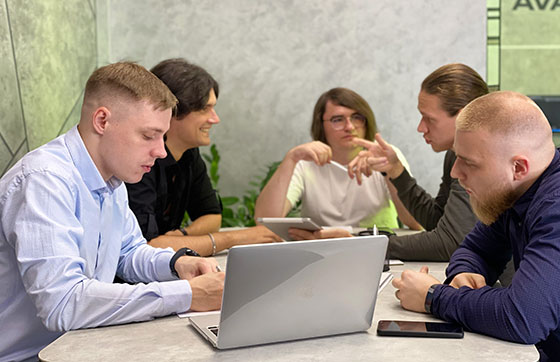

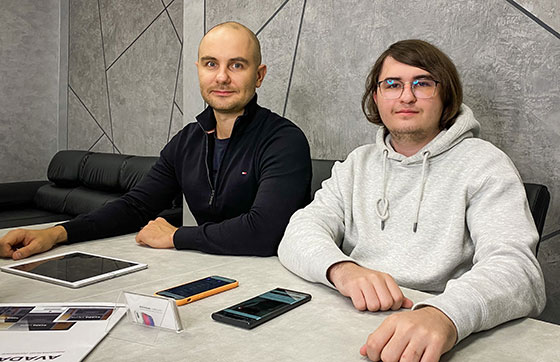

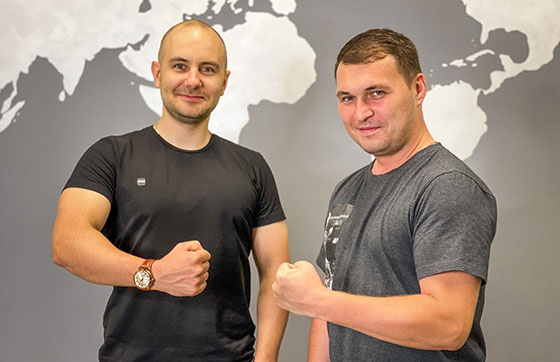
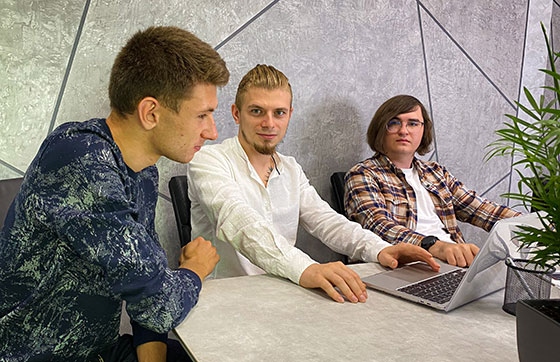
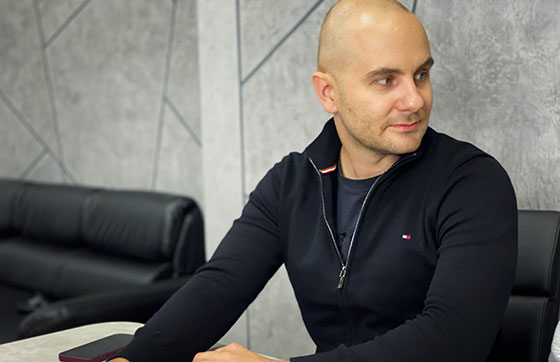

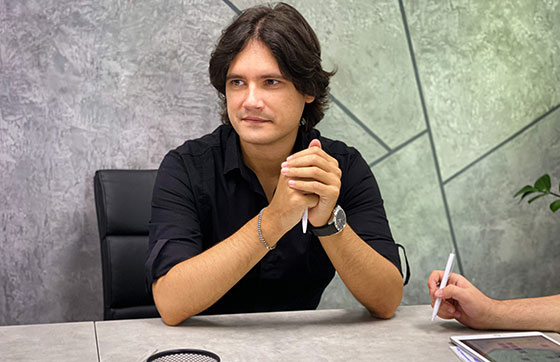

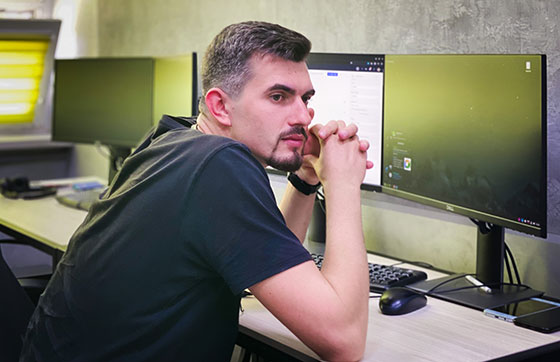

Contact the experts
Have a question?Contact the experts Have a question?
-
Phone:+ 38 (097) 036 29 32
-
E-mail:info@avada-media.com.ua

